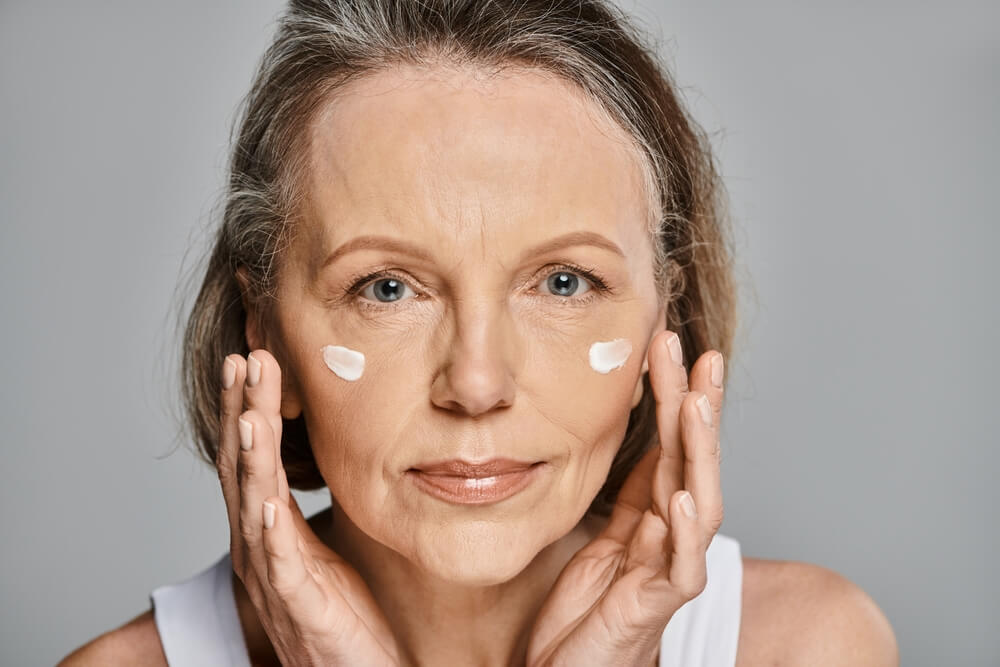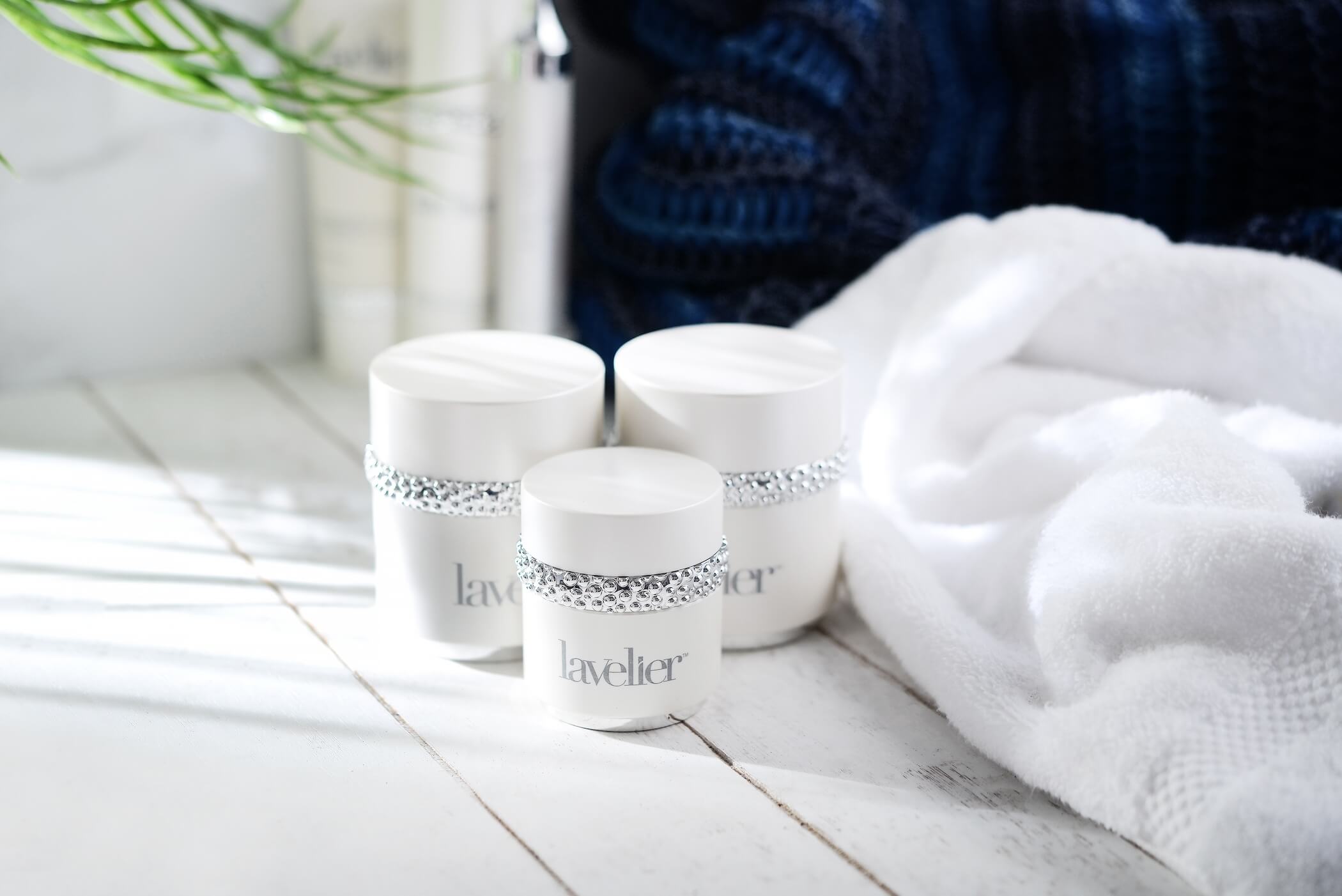If your skin has suddenly turned red, dry, flaky, itchy, or extra sensitive, it might be trying to send you an SOS. The likely culprit? A compromised skin barrier. In the world of skincare, barrier health has become one of the buzziest topics—and for good reason. Let’s break down what your skin barrier is, why it matters, and how to tell when it’s in trouble.
What Is the Skin Barrier Anyway?
Your skin barrier is the outermost layer of your skin, acting like a shield to keep moisture in and irritants out. When it’s strong and functioning properly, your skin feels smooth, soft, and resilient. But when it’s damaged? That’s when you start to experience everything from redness and dryness to breakouts and stinging.
Your barrier can be thrown off by over-exfoliating, using harsh skincare products, environmental factors (like cold wind or sun exposure), or even stress. If you’ve been using a bunch of active ingredients without balancing them out, your skin might be waving a white flag.
Signs Your Skin Barrier Is Damaged

How do you know if your skin barrier is compromised? Here are some key signs:
- Persistent redness or inflammation
- Flaky patches or peeling
- Burning or stinging sensations, even with gentle products
- A sudden increase in breakouts
- Skin that feels tight, even after moisturizing
If this sounds familiar, don’t panic. There are ways to bring your skin back to balance.
How to Repair and Strengthen Your Skin Barrier
First things first—simplicity is key. Stop using any new or potentially irritating products and give your skin a break. Focus on hydrating and soothing ingredients like ceramides, hyaluronic acid, niacinamide, and squalane. They help replenish your skin’s natural moisture and restore its defenses.
Gentle routines are everything when healing your skin. Products like those in the Celestolite Estrella Collection are often formulated to deliver hydration and comfort without triggering irritation.
Also, consider incorporating antioxidants into your routine. Not only do they fight free radicals from environmental stressors, but they also support your skin’s repair process. Explore how truffles in skincare and other botanicals are changing the hydration game.
The Link Between SPF and Barrier Health
One major player in protecting your skin barrier? Sunscreen. Daily SPF use shields your skin from harmful UV rays, which can wreak havoc on an already fragile barrier. If you’re not sure where to start, here are answers to all your SPF questions.
Products to Avoid While Healing

While you’re in recovery mode, skip the following:
- Harsh exfoliants (like scrubs and strong acids)
- Foaming cleansers with sulfates
- Alcohol-heavy toners
- Fragrance-packed formulas
Instead, go for calming, minimal-ingredient products. For inspiration, take a peek at this honest review of CbGaRDN’s CBGold Collection or read about why Lavelier is trusted by so many for skin repair.
Preventative Tips for Long-Term Skin Barrier Health
Once your barrier is healed, it’s all about maintenance:
- Don’t overdo active ingredients—ease into retinol, acids, and exfoliants.
- Stay hydrated (inside and out).
- Avoid very hot water when washing your face.
- Stick to a gentle, consistent routine.
And remember—your skin speaks to you. Learning to listen is half the battle.
Want to know if expired products could be sabotaging your skin? Read Can I Use Expired Skin Care Products? for the facts.
Final Thoughts
A healthy skin barrier is essential for glowing, calm, and resilient skin. If yours is feeling a little off, it might be time to hit pause on the intense products and rebuild from the ground up. Let your skin breathe, heal, and regain its strength. You—and your complexion—will be better for it.






Leave A Comment